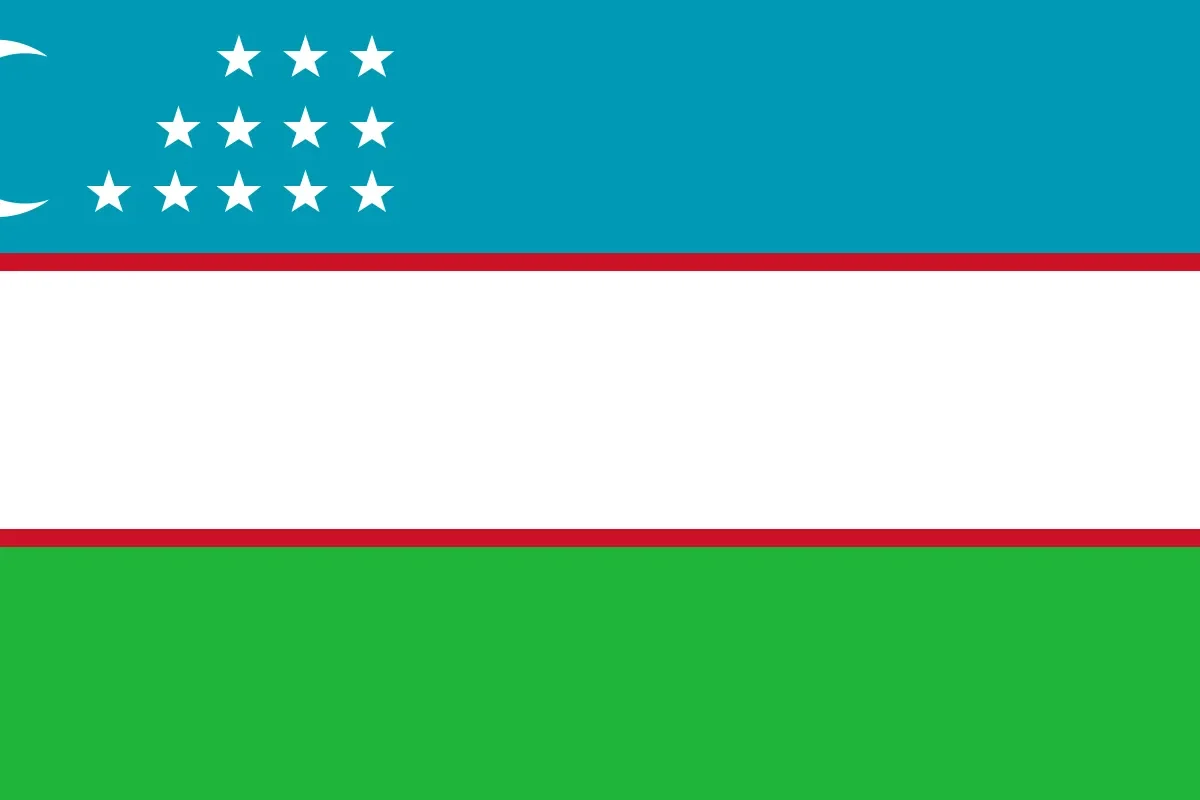亚太工商联合会(APCIC)很高兴为您提供葡萄牙指南,葡萄牙是南欧一个快速增长的经济体,非常重视可持续发展、创新和国际贸易。本报告深入剖析了葡萄牙的经济格局、主要产业、贸易政策、税收框架,并为亚太工商联合会成员在这个充满活力、与全球紧密相连的市场中寻找商机提供了战略建议。
1.经济概况
葡萄牙在 2023 年的国内生产总值约为 $290 亿美元,以其经济韧性、战略位置以及蓬勃发展的旅游业和技术行业而著称。葡萄牙与欧盟(EU)的一体化加强了其作为贸易和投资关键枢纽的作用。
主要经济指标:
- 国内生产总值增长:预计 2023 年将达到 25%,主要受出口、旅游业和基础设施发展的推动。
- 人口:约 1,030 万人,拥有技术熟练的劳动力,城市化程度不断提高。
- 通货膨胀率:2023 年稳定在 3.2%,反映了有效的财政政策和经济改革。
2.重点行业
葡萄牙的经济由各行各业支撑,融合了传统优势和现代创新:
- 旅游与酒店业:在文化和生态旅游方面处于全球领先地位,里斯本和波尔图是欧洲游客最多的城市之一。
- 可再生能源:风能和太阳能的先驱,超过 60% 的电力来自可再生能源。
- 技术与初创企业:在网络峰会等活动和政府激励措施的支持下,科技生态系统蓬勃发展,尤其是在里斯本。
- 农业和农业食品:以高品质葡萄酒(如波特酒和杜罗酒)、橄榄油和海产品闻名,有机产品出口量不断增长。
- 纺织品和鞋类:以可持续发展和创新产品著称,面向全球高端市场。
- 建筑与基础设施:对交通、能源和城市发展项目的重大公共和私人投资。
3.贸易政策
葡萄牙的贸易政策强调全球开放和区域一体化:
- 欧盟成员国:作为欧盟成员国,葡萄牙受益于进入单一市场和欧盟与全球经济体谈判达成的贸易协定。
- 自由贸易协定(FTAs):欧盟协议为葡萄牙提供了进入主要市场的机会,包括日本、加拿大和《跨太平洋伙伴关系全面进步协议》(CPTPP)。
- 出口导向型经济:纺织品、农业食品和可再生能源技术的高价值出口在贸易中占主导地位。
4.税收框架
葡萄牙的税收制度支持企业投资,同时与欧盟标准保持一致:
- 企业税:标准费率为 21%,中小型企业(SME)和特定地区可享受优惠费率。
- 增值税(VAT):标准税率为 23%,基本商品和服务的优惠税率为 13% 和 6%。
- 个人所得税:累进税率从 14.5% 到 48% 不等,取决于收入水平。
- 投资激励措施:为研发、可再生能源和地区发展计划提供税收减免和补助。
5.投资环境
葡萄牙为贸易和投资提供了一个安全、方便的商业环境:
- 战略位置:葡萄牙地处欧洲、非洲和美洲的十字路口,是通往全球市场的理想门户。
- 熟练劳动力:受过良好教育、掌握多种语言的劳动力为技术、旅游和服务等行业提供支持。
- 创新生态系统:政府对研发和初创企业的大力支持促进了各行各业的创新。
- 基础设施:高质量的交通、数字网络和可再生能源基础设施可促进业务运营。
- 可持续发展领导力:葡萄牙对绿色能源和环境目标的承诺符合全球可持续发展标准。
6.战略建议
供考虑在葡萄牙进行投资或贸易的 APCIC 会员使用:
- 利用旅游业的增长:投资生态旅游、豪华住宿和文化遗产项目,开拓葡萄牙不断扩大的旅游市场。
- 参与可再生能源项目:探索符合葡萄牙能源转型目标的风能、太阳能和氢能计划。
- 投资技术和初创企业:参与葡萄牙的科技生态系统,受益于政府的激励措施和进入欧洲市场的机会。
- 扩大农业食品出口:与葡萄牙生产商合作,向亚太市场出口优质葡萄酒、橄榄油和海产品。
- 开拓纺织品和鞋类市场:与葡萄牙企业合作,为全球市场提供可持续的创新产品。
- 参与基础设施建设:在公私伙伴关系的支持下,投资于交通、住房和城市改造项目。
结论
葡萄牙的战略位置、多元化的经济以及对可持续发展的承诺,使其成为一个极具吸引力的贸易和投资目的地。我们鼓励亚洲及太平洋信息和通信技术促进中心的成员利用本指南来把握葡萄牙的机遇,并在欧洲最具前瞻性的经济体之一建立稳固的业务。




